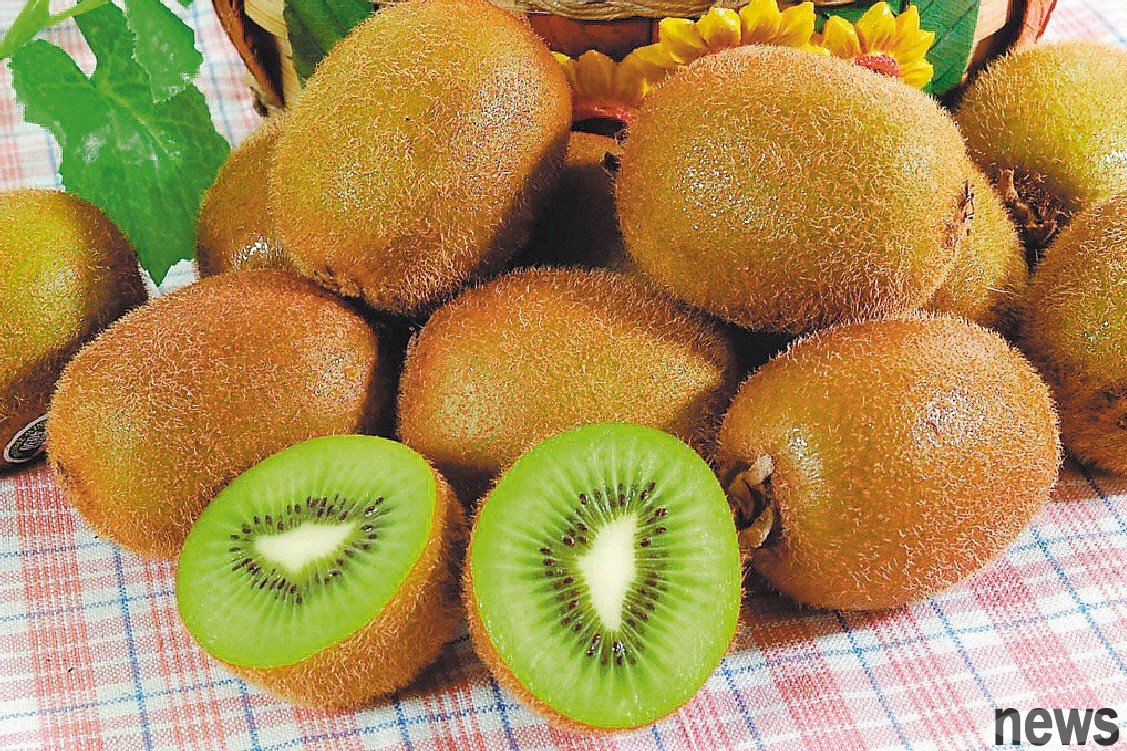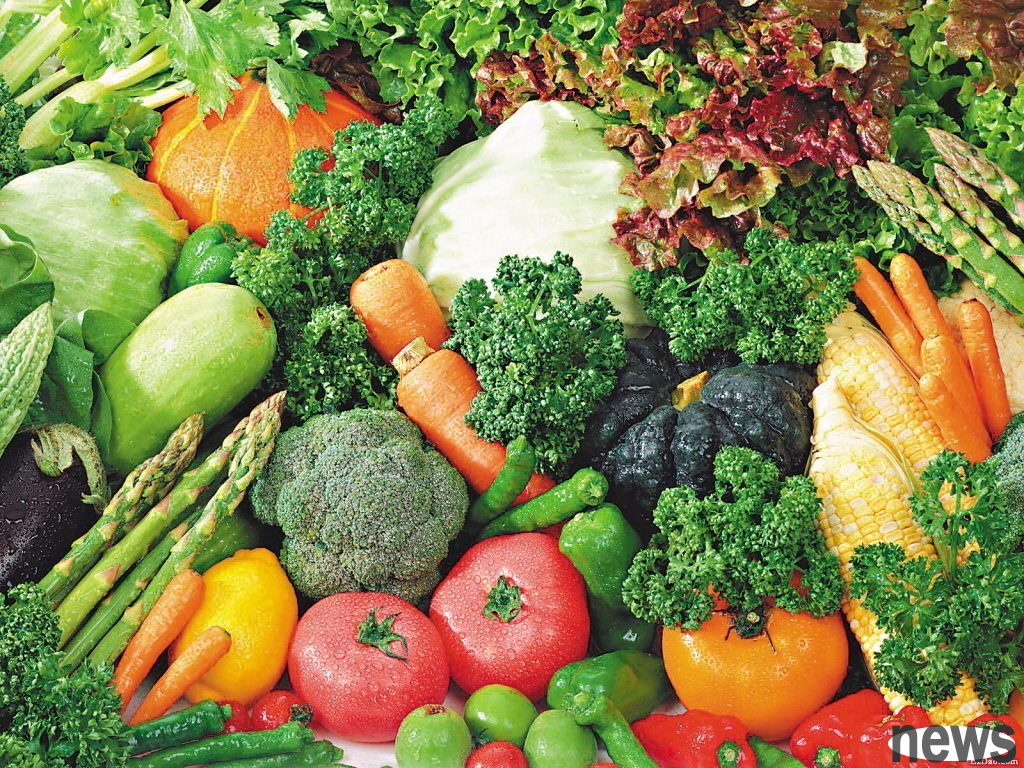Is it really good to eat more fiber if you have constipation problem? Experts from King's College London have compiled a dietary guideline for constipation, saying that the concept that a high-fiber diet and drinking more water can relieve const...

Is it really good to eat more fiber if you have constipation problem? Experts from King's College London have compiled a dietary guideline for constipation, saying that the concept that a high-fiber diet and drinking more water can relieve constipation may be outdated, and the foods that can truly benefit digestive health are different from what many people imagine.
A dietary strategy that is more effective than high-fiber in resolving constipationThe study was released in October this year, led by nutritional scientists and certified by the British Dietetic Association. The team analyzed more than 75 clinical trials and put forward 59 dietary recommendations to let the public know what foods and supplements can help defecation.
The research team explained that there is actually not enough scientific evidence to show that a "high-fiber diet" is really effective in treating constipation. Therefore, they hope to propose some concrete and feasible dietary strategies, rather than just roughly telling everyone to eat more fruits and vegetables and drink more water.

Among them, researchers found that eating 2 to 3 kiwi fruits a day for at least four weeks can effectively improve the frequency of bowel movements, because kiwi fruits are rich in soluble fiber, kiwi enzymes and prebiotics, which can increase the moisture in the intestines, help soften stools and promote intestinal peristalsis.
Eating 6 to 8 slices of rye bread a day can also increase the frequency of bowel movements. However, compared with white bread, rye bread can easily aggravate the symptoms of flatulence and intestinal discomfort and is not suitable for everyone.

In addition, compared with pure boiled water, it is recommended to drink water rich in minerals such as magnesium, calcium and sulfate. Drink at least 0.5 liters to 1.5 liters a day. Constipation symptoms can be improved after six weeks. However, patients with kidney disease and heart disease should ask a doctor to evaluate whether it is suitable for drinking.
Plums, psyllium fiber, certain strains of probiotics and magnesium oxide supplements also have the effect of relieving constipation symptoms. As for supplements such as synbiotics (a mixture of probiotics and prebiotics) and senna laxatives, there is a lack of strong and effective evidence that they can solve the problem of constipation.